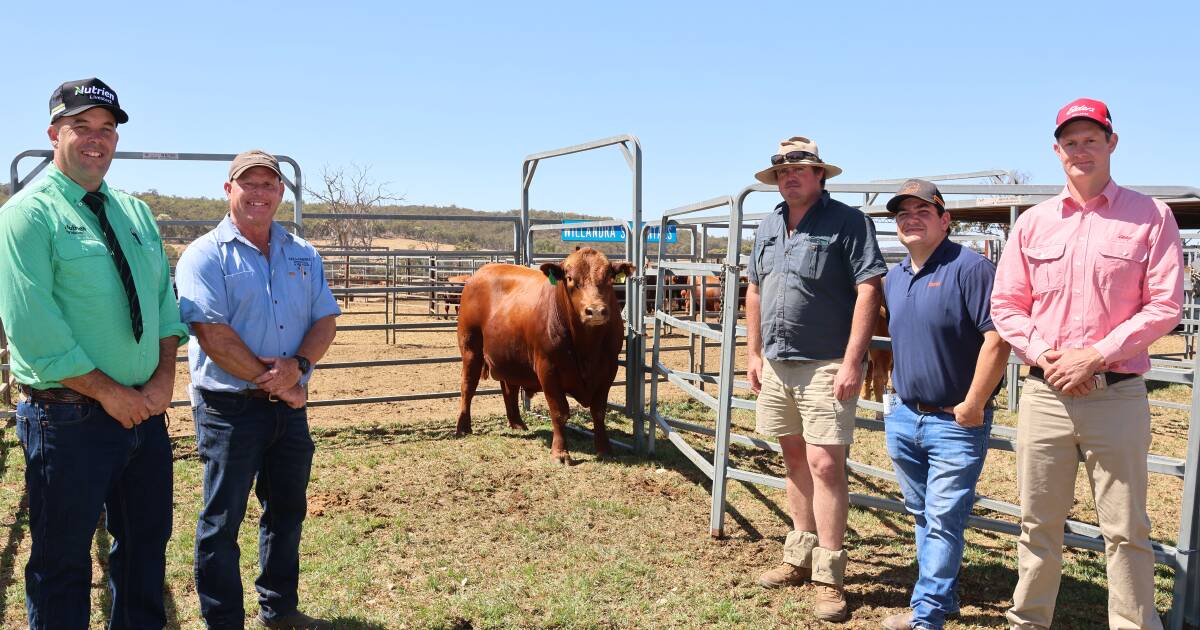
A new play titled Destiny is captivating audiences with its exploration of personal and political struggles in apartheid-era South Africa. Written by and starring Kirsty Marillier, the production is currently in rehearsal at the Melbourne Theatre Company in Southbank. The narrative follows Della, portrayed by Marillier, who is faced with a life-altering challenge when her ex-boyfriend Ezra, played by Barry Conrad, returns with radical ideas about equality and revolution.
Set against the backdrop of a regional South African town, the story unfolds hundreds of kilometres from the political machinations of Pretoria. Della, who works in the local shop, is responsible for her younger brother and father. The rehearsal space features a mock-up set that evokes a sense of place, with earthy tones and sparse landscapes reminiscent of the 1970s. Reference photos on the walls showcase the time’s distinctive fashion, including flared pants and Afros.
Ezra’s arrival disrupts Della’s life, as he brings with him a new perspective shaped by his education in Cape Town. He speaks of the need for change, telling Della’s brother that living under nationalist rule is akin to being “sour milk in a bottle.” Ezra insists, “We need to smash the bottle,” highlighting the urgency of his revolutionary message. Marillier describes the play as a poignant exploration of what happens when someone who once broke your heart seeks to recruit your family into a movement for change.
Exploring Personal and Political Themes
The cast of Destiny features seasoned performers, including Patrick Williams as Della’s father, Cliff, and Gaz Dutlow as her rebellious teenage brother. Directed by Zindzi Okenyo, who previously led the Sydney Theatre Company’s production of Sweat, the play promises to engage audiences with its dynamic storytelling.
Marillier, born in KwaZulu-Natal during the final years of apartheid, draws from her personal history to inform the narrative. Her parents attended segregated schools, and she often heard discussions about the country’s painful past. “The amount of times I was like, ‘What happened?'” she recalls, reflecting on her curiosity about the era. Despite her family’s reluctance to revisit those memories, Marillier felt compelled to create a piece that captured the essence of that time.
After extensive conversations with her father, Marillier chose to set Destiny in 1976, just prior to the momentous Soweto Uprising. Della and her family initially appear insulated from the impending political upheaval, creating a powerful tension that drives the play forward.
A Timely Reflection on History
As audiences prepare to experience Destiny, the play serves as a reminder of the tumultuous history of South Africa and the complex interplay between personal relationships and broader societal issues. The production not only aims to entertain but also to provoke thought and discussion about the struggles faced during a critical period in the nation’s history.
With its rich character development and engaging narrative, Destiny is set to leave a lasting impression on theatre-goers, inviting them to consider the profound question: What would you do if your past intersected with the fight for justice?






